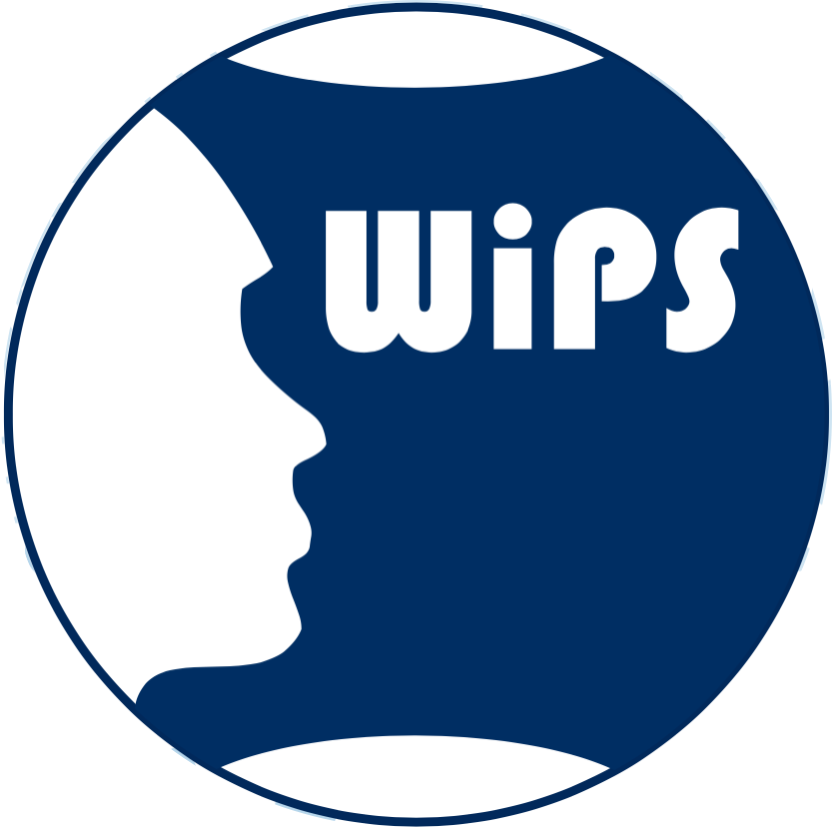Andrea Hirmas, MSc
Universidad Andrés Bello and Universidad Mayor (Chile)

Andrea is in front of a body of water, with snow-capped hills visible in the background, near Doumer Island in the Antarctic Peninsula. This is by the "Yelcho" Research Base that belongs to the Chilean Antarctic Institute, during a scientific campaign in the austral summer of 2022, after sailing for 3 days.
What’s the work that you do?
My work in Antarctica focuses on the study of persistent organic pollutants (POPs) in marine systems, mainly, in their presence in the different abiotic compartments such as air, water, sediment and soils, and in the trophic transfer of these pollutants between different organisms present in the water column. I want to understand the flux of these substances from the environment to the organisms, and to determine if the mitigation measures created to regulate the emissions of POPs into the atmosphere (such as the Stockholm Convention) have caused any impact on the decrease of POPs concentrations in Antarctic ecosystems.
What keeps you going?
Polar science has allowed me unique opportunities to combine my career and research with the Antarctic continent, presenting me with endless challenges that allow me to be in constant personal and professional growth. Being able to visit and work in Antarctica, dive in its waters and explore its landscapes has been a privilege that has also allowed me to surround myself with people who share the same passion about research, pushing me to keep asking questions and to go deeper into my curiosity. This allows us to continue developing the research we do in these polar ecosystems and to be able to share our findings and conclusions with the world.
What’s your message to the world?
Science is a difficult career, very competitive. You must constantly be aware of the new discoveries that appear every day. It is important to never forget your own approach, not to compete but to collaborate, gather and share knowledge, never forget to respect your colleagues and all those people who collaborate and support us in making it possible to carry out our work.
Always trust yourself, your knowledge, always give your best effort and above all be grateful for all the opportunities that working in polar ecosystems presents us, since they are once-in-a-lifetime opportunities.
Organisation: Universidad Andrés Bello and Universidad Mayor (Chile)
Nationality:
Chile
Disciplines:
